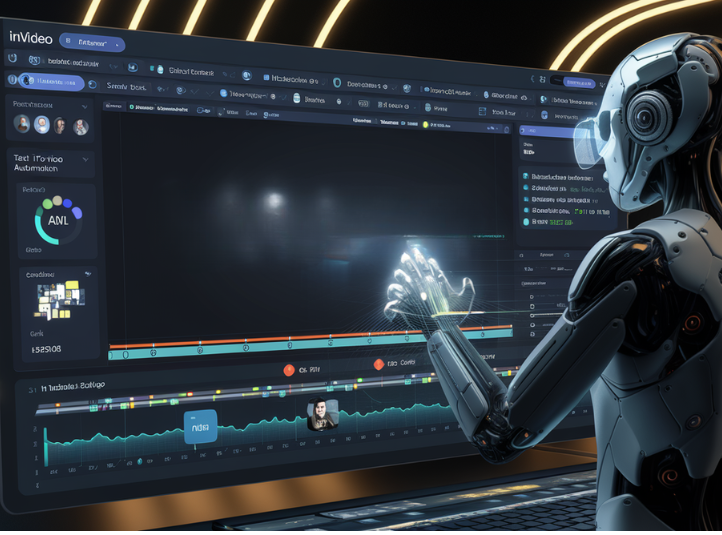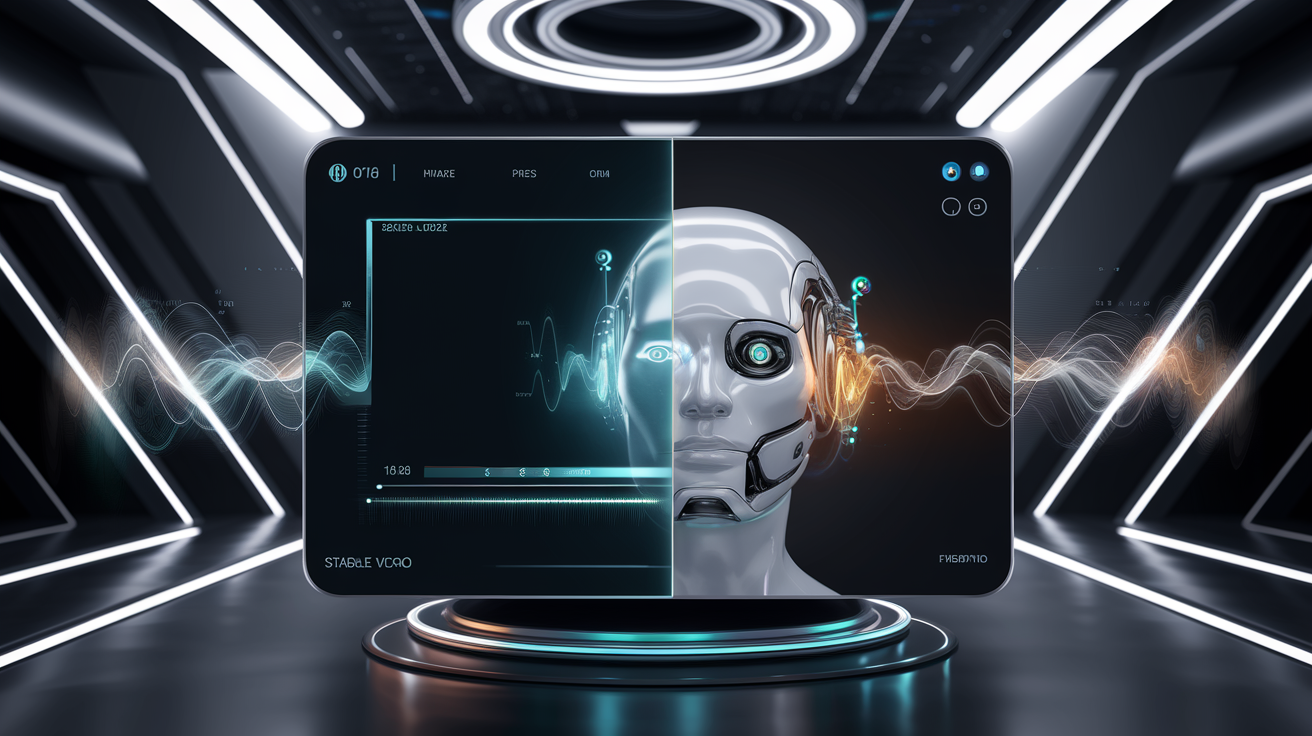What is AGI and Why Does it Matter?
Artificial General Intelligence (AGI) is often described as the holy grail of AI research—an intelligence that, unlike today’s AI systems, can reason, learn, and adapt across domains as efficiently as a human. Unlike narrow AI, which excels at specific tasks (e.g., chatbots, fraud detection, or image recognition), AGI can think abstractly, innovate, and solve novel problems without human intervention.
For businesses, AGI could revolutionize industries, automating routine work and complex, strategic decision-making. But with such power comes immense responsibility, ethical considerations, and fundamental shifts in how we work and interact with technology.
Understanding AGI: A Leap Beyond Today’s AI
Key Features of AGI
- Versatility – Unlike today’s AI models, AGI could seamlessly apply knowledge across multiple disciplines.
- Self-Learning – It would continuously evolve, learning from experience without being explicitly programmed for each new task.
- Abstract Reasoning – AGI would be capable of understanding complex concepts, strategizing, and solving ambiguous problems.
- Speculative Consciousness – Some experts debate whether AGI might develop self-awareness, further complicating governance and ethical considerations.
In contrast to Generative AI, which creates content based on learned patterns but lacks true comprehension, AGI aspires to possess genuine understanding, reasoning, and adaptability—making it a transformative force across industries.
When Will AGI Arrive? The Divided Expert Opinions
There’s no consensus on AGI’s arrival:
- Optimists believe AGI could emerge as early as 2025–2030, citing rapid advancements in AI models like GPT-4 and beyond.
- Moderates predict AGI will take longer, arriving between 2040 and 2060, requiring computation, data efficiency, and AI safety breakthroughs.
- Skeptics argue that AGI may take decades or even be unachievable due to the complexity of human cognition.
While AGI remains speculative, research continues at breakneck speed, and businesses must prepare for a world where it becomes a reality.
How Will AGI Transform Business and Work?
- The Future of Work: Automation Beyond Repetitive Tasks
Today’s AI automates routine and repetitive work, but AGI could go further, replacing knowledge-based roles such as:
- Financial Analysts – AGI could predict market movements, craft investment strategies, and automate trading.
- Medical Diagnosticians – AGI could analyze complex patient histories, diagnose illnesses, and recommend treatments with greater accuracy than human doctors.
- Legal Professionals – Contract analysis, case law research, and even courtroom argument formulation could be handled by AGI.
While this raises concerns about job displacement, it also presents opportunities for re-skilling and the evolution of human roles into more strategic and creative areas.
- Business Strategy and Decision-Making
Executives today rely on data-driven insights, but AGI could refine and automate high-level decision-making processes, optimizing logistics, mergers and acquisitions, and even corporate innovation.
- AI-Powered Creativity
From content creation to product design, AGI could redefine creative industries by not just mimicking human outputs but generating entirely new ideas, artistic movements, and business strategies.
The Risks and Ethical Challenges of AGI
- Economic Disruptions
With AGI’s ability to replace high-level jobs, economic shifts could be drastic, requiring new policies around taxation, universal basic income (UBI), and workforce adaptation.
- Bias, Fairness, and Ethical Governance
Even today’s AI models struggle with bias and fairness. With AGI, the stakes are higher—decisions made by AGI systems could influence hiring, lending, law enforcement, and global policies.
- Existential and Security Risks
Some experts warn of AGI surpassing human control, potentially leading to unintended consequences if not aligned with human values. Governance and regulatory frameworks will be critical in managing AGI’s risks.
Beyond AGI: The Road to Artificial Superintelligence (ASI)
AGI is just the beginning. If it is achieved, the next step is Artificial Superintelligence (ASI)—a form of AI that surpasses human intelligence in every domain. ASI could lead to unprecedented advancements in science, medicine, and problem-solving, but also poses existential risks if left unchecked.
Conclusion: Preparing for the AGI Era
While AGI remains an evolving concept, businesses must proactively engage with AI advancements, prepare for workforce changes, and advocate for responsible AI development. The future of AGI isn’t just about technological progress—it’s about ensuring that progress benefits all of humanity.
The coming decade will define how AGI is developed, controlled, and integrated into our world. Companies that understand and prepare for AGI today will be better positioned to thrive in the intelligence revolution that is on the horizon.









